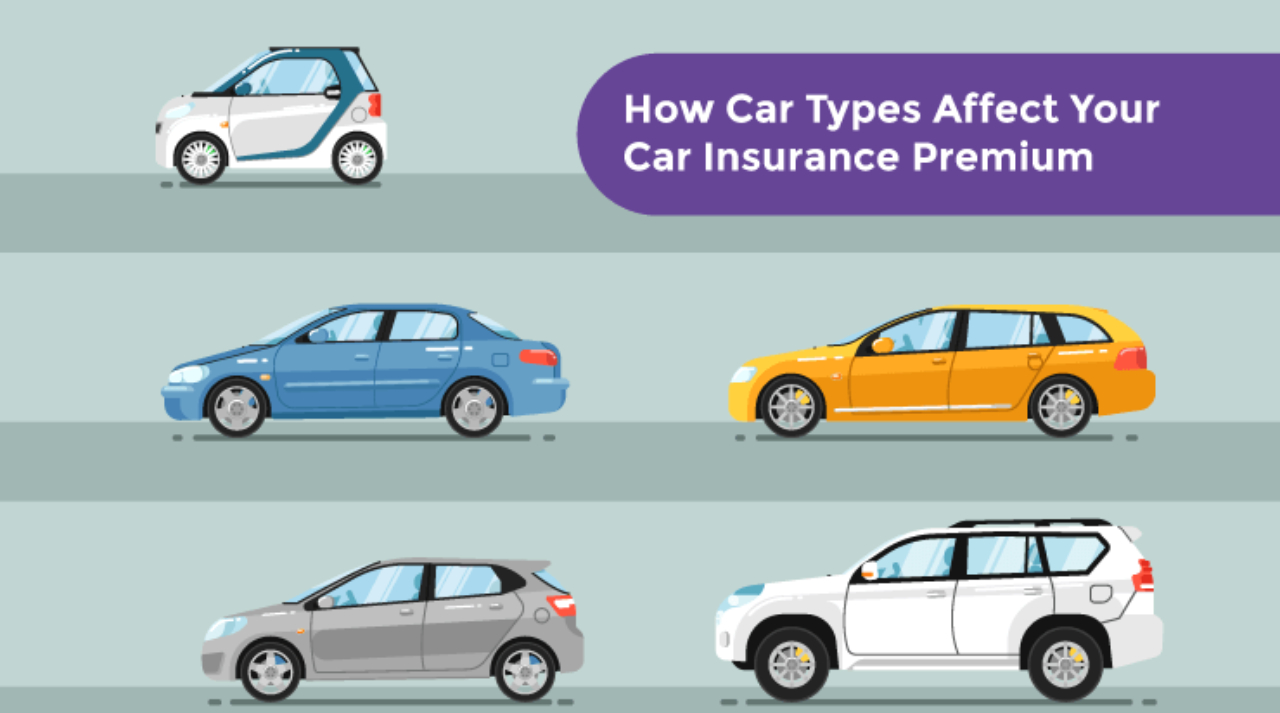Car insurance is an essential component of owning a car. It protects you financially in the event of an accident or other damage to your car. However, the cost of car insurance can vary greatly depending on a variety of factors. In this article, we will explore the different factors that affect car insurance premiums.
Age and Gender
Age and gender are significant factors that affect car insurance premiums. Young drivers typically pay higher premiums due to their lack of experience on the road. Elderly drivers may also experience higher rates due to the increased risk of accidents associated with age. Additionally, gender can also play a role in determining car insurance rates, with young male drivers typically facing higher rates than female drivers.
Driving Record
Your driving record is another significant factor that affects car insurance premiums. Traffic violations, such as speeding tickets, can increase your rates, as can at-fault accidents. DUI/DWI convictions can also lead to higher insurance rates.
Vehicle Type
The type of vehicle you drive can also impact your car insurance premiums. Expensive cars or cars with high repair costs typically have higher insurance rates. Additionally, the car model can affect rates, with sports cars and other high-performance vehicles carrying higher rates. Car safety features, such as airbags and anti-lock brakes, can lower insurance rates.
Location
Where you live can also impact your car insurance rates. Urban areas typically have higher rates than rural areas due to the increased risk of accidents and theft. Neighborhood crime rates can also affect insurance rates. Additionally, weather conditions in your area, such as hurricanes or tornadoes, can impact your rates.
Coverage Options
The coverage options you choose can also affect your car insurance premiums. Liability coverage is the minimum required by law in most states and typically the least expensive option. Collision coverage and comprehensive coverage can provide additional protection but also come with higher premiums.
Credit Score
Your credit score can also impact your car insurance rates. Insurance companies use credit scores to determine risk, with lower scores indicating higher risk. This means that those with lower credit scores may pay higher car insurance premiums.
Deductibles
Deductibles are another factor that can affect car insurance premiums. A deductible is the amount you pay out of pocket before insurance coverage kicks in. Choosing a higher deductible can lower your insurance rates, but it also means you will pay more out of pocket if you are in an accident.
In conclusion, there are many factors that affect car insurance premiums. Age, gender, driving record, vehicle type, location, coverage options, credit score, and deductibles all play a role in determining your rates. It’s essential to shop around for car insurance to find the best rates and coverage for your needs.



